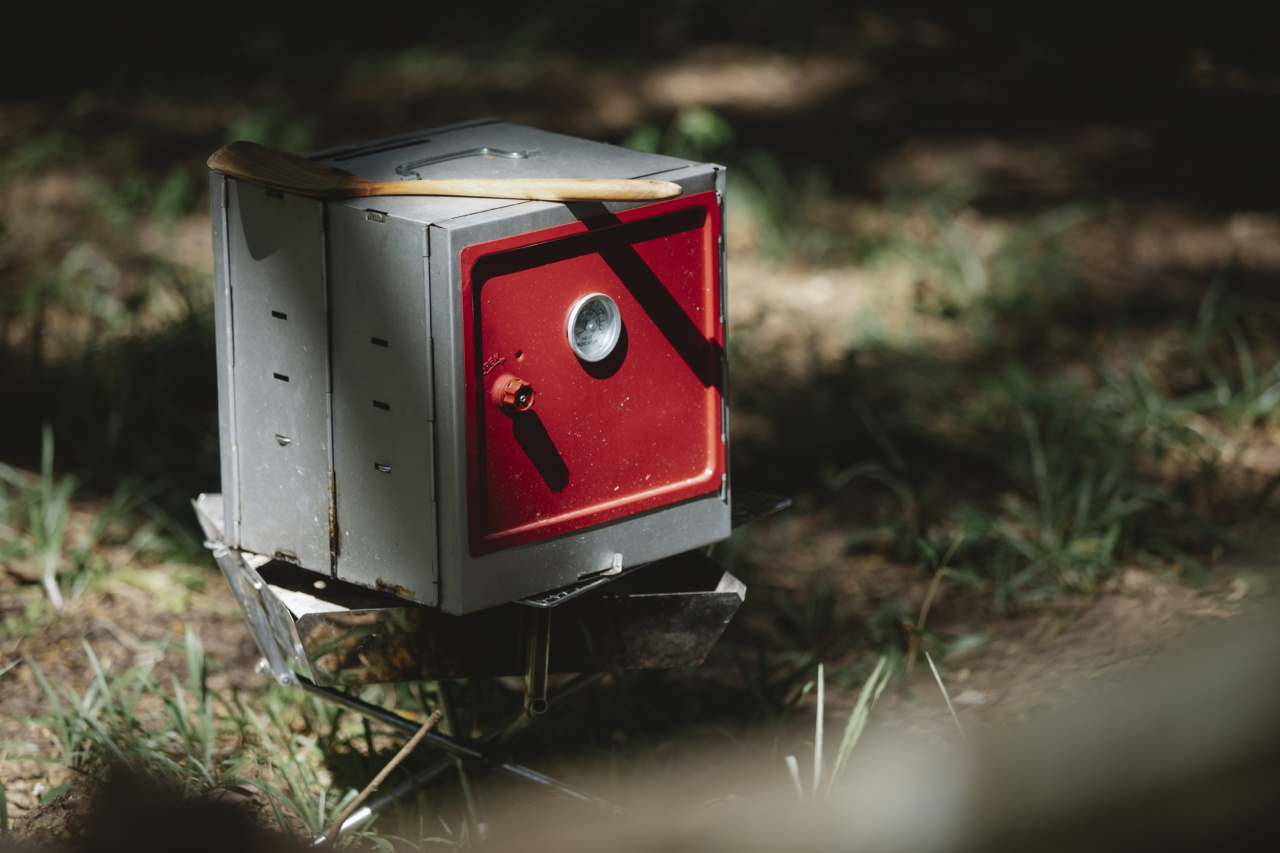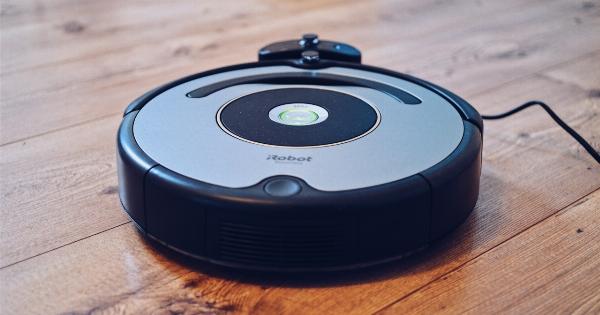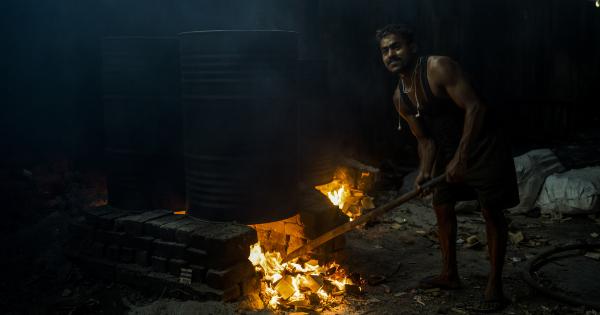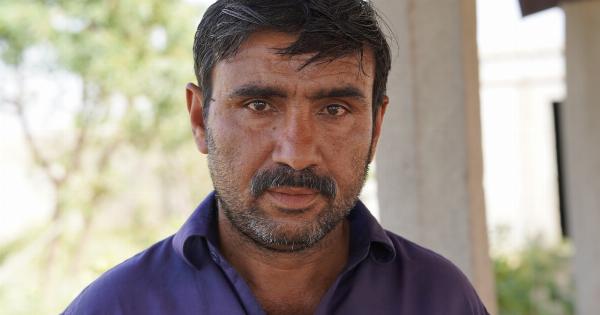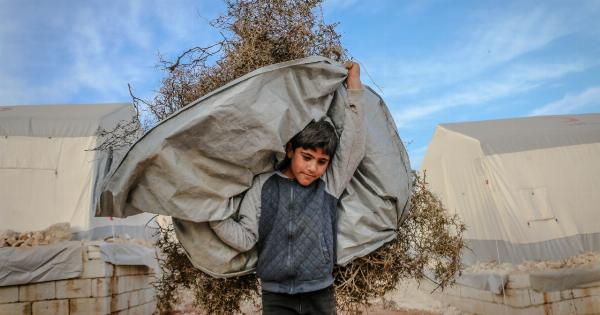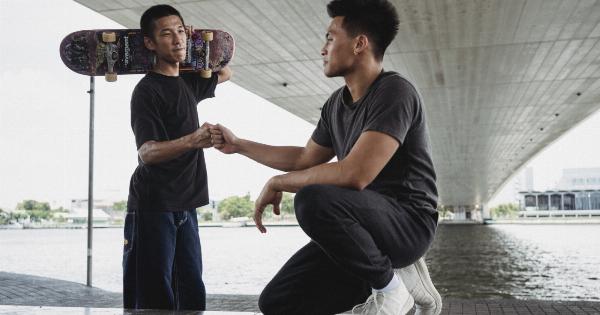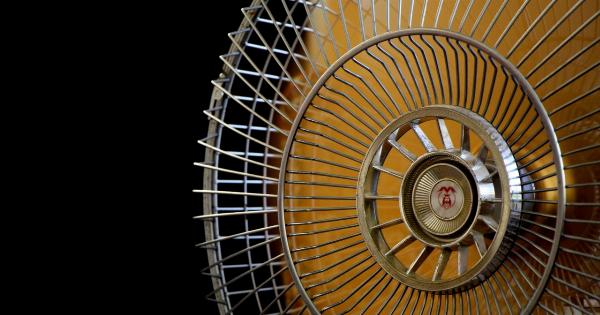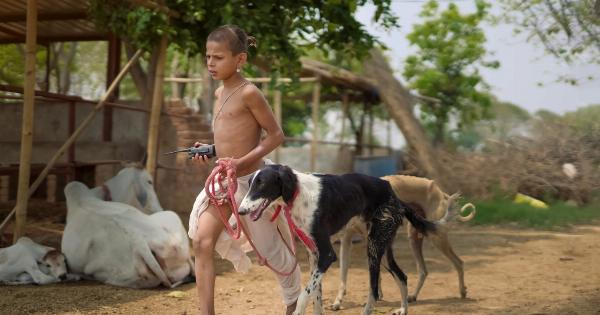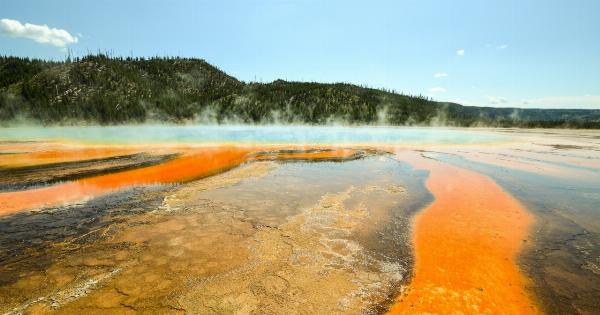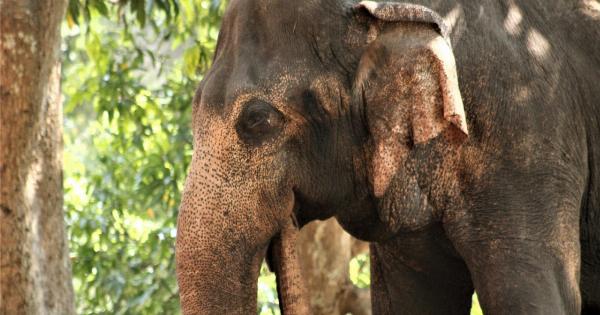The summer season can be a fun time for families to enjoy outdoor activities with their little ones. However, the hot temperature during this season can cause several health concerns, especially for infants.
Babies are more susceptible to heat-related illnesses due to their inability to regulate their body temperature as efficiently as adults.
As a parent or caregiver, it is essential to take precautionary measures to protect your child from the heat and ensure their safety and health. In this article, we will discuss some helpful tips on how to protect infants from the summer heat.
1. Hydration
Babies are more prone to dehydration during summers. Their body requires an adequate amount of fluids to regulate their body temperature. Therefore, it is critical to keep them hydrated, especially when they are spending time outdoors.
Offer frequent breastfeeding or bottle-feeding if your baby is under six months. If your baby is older, provide them with sippy cups or water bottles of water regularly.
Infants who are dehydrated may experience dry mouth, lack of tears while crying, and a decrease in urine output.
2. Dress your baby appropriately
Dressing your baby appropriately can make a huge difference in protecting them from the summer heat. It is crucial to choose light-colored, lightweight, and breathable fabrics that do not trap heat.
Opt for loose-fitting clothing that allows air circulation. Dress your baby in a hat that covers their face and neck and sunglasses to protect their eyes from the harmful rays of the sun.
3. Keep your baby in the shade
Direct sunlight can raise your baby’s body temperature and cause heat exhaustion. It is best to keep your baby in the shade as much as possible.
If you plan to spend time outdoors, set up a shade tent or an umbrella to protect them from the sun’s scorching heat.
Avoid exposing your baby to direct sunlight during peak hours between 10 am to 4 pm as it may increase their risk of sunburn and dehydration.
4. Use a stroller or baby carrier with ventilation
If you are heading out with your baby, consider using a stroller or a baby carrier that has proper ventilation. A baby carrier with a breathable fabric can help regulate your baby’s body temperature and prevent heat exhaustion.
Ensure that the stroller has a canopy or shade attachment to provide shade and protection from the sun. Also, avoid using a blanket or cover that may trap heat and increase the baby’s body temperature.
5. Use a sunscreen for babies
Sunscreen is essential to protect your baby’s skin from harmful UV rays during summer. However, it is essential to choose the right sunscreen for your child.
Use a baby sunscreen with a minimum of SPF 30 and broad-spectrum protection against both UVA and UVB rays. Apply a generous amount of sunscreen on all exposed areas of the baby’s skin, including face, neck, arms, legs, and feet.
Reapply every two hours or after swimming or sweating.
6. Be aware of signs of overheating
Parents and caregivers should be aware of the vital signs of overheating in infants. Overheating may lead to heat exhaustion and heatstroke that can be life-threatening.
Some signs of overheating include excessive sweating, hot and flushed skin, rapid breathing, and restlessness.
Keep an eye on your child’s behavior, and if you notice any alarming symptoms, move them to a cooler place, and consult with your pediatrician.
7. Avoid overcrowded and closed spaces
Avoid overcrowded indoor areas and enclosed spaces that may trap heat and affect your baby’s body temperature.
If you do not have a space with air conditioning, consider taking your baby to a public place such as the library, mall, or community center that offers air conditioning and is conducive to children.
You can also use fans to circulate air and improve air circulation in the room. However, do not place fans directly on your baby, and ensure that the room is free from any other hazards like cords, wires, or any sharp objects that may harm the baby.
8. Keep your baby cool during naps and bedtime
Babies require good sleep to help regulate their body temperature. During summer, it can be challenging for them to sleep well due to the heat.
Consider using a baby-friendly AC or a fan to keep your baby’s room cool and comfortable during bedtime. Dress them in comfortable clothing and use lightweight bedding that keeps them cool and dry.
9. Stay alert while traveling
If you plan to travel with your baby during summer, take extra precautions to protect them from the heat.
Avoid traveling during peak hours in a hot car without adequate air conditioning. Use sun shades or curtains to prevent direct sunlight from entering the car.
Keep your baby hydrated with water or with breastmilk or formula if you are traveling during breastfeeding age.
10. Consult with a pediatrician
If your baby has any underlying medical condition or is on any medication, consult with your pediatrician before exposing them to summer heat. They may provide you specific guidelines to protect your baby based on their health status.
Conclusion
Protecting your baby from the summer heat is essential to ensure their safety and health.
Hydration, appropriate clothing, staying in the shade, using strollers and carriers, using sunscreen wisely, and being aware of the signs of overheating is key to protecting your baby from the hot temperature.
Keep in mind that each baby’s needs are different, and it is essential to consult with your pediatrician to determine the best ways to protect your baby from the summer heat.
With proper precautions and care, your baby can enjoy the summer season without any health concerns.
